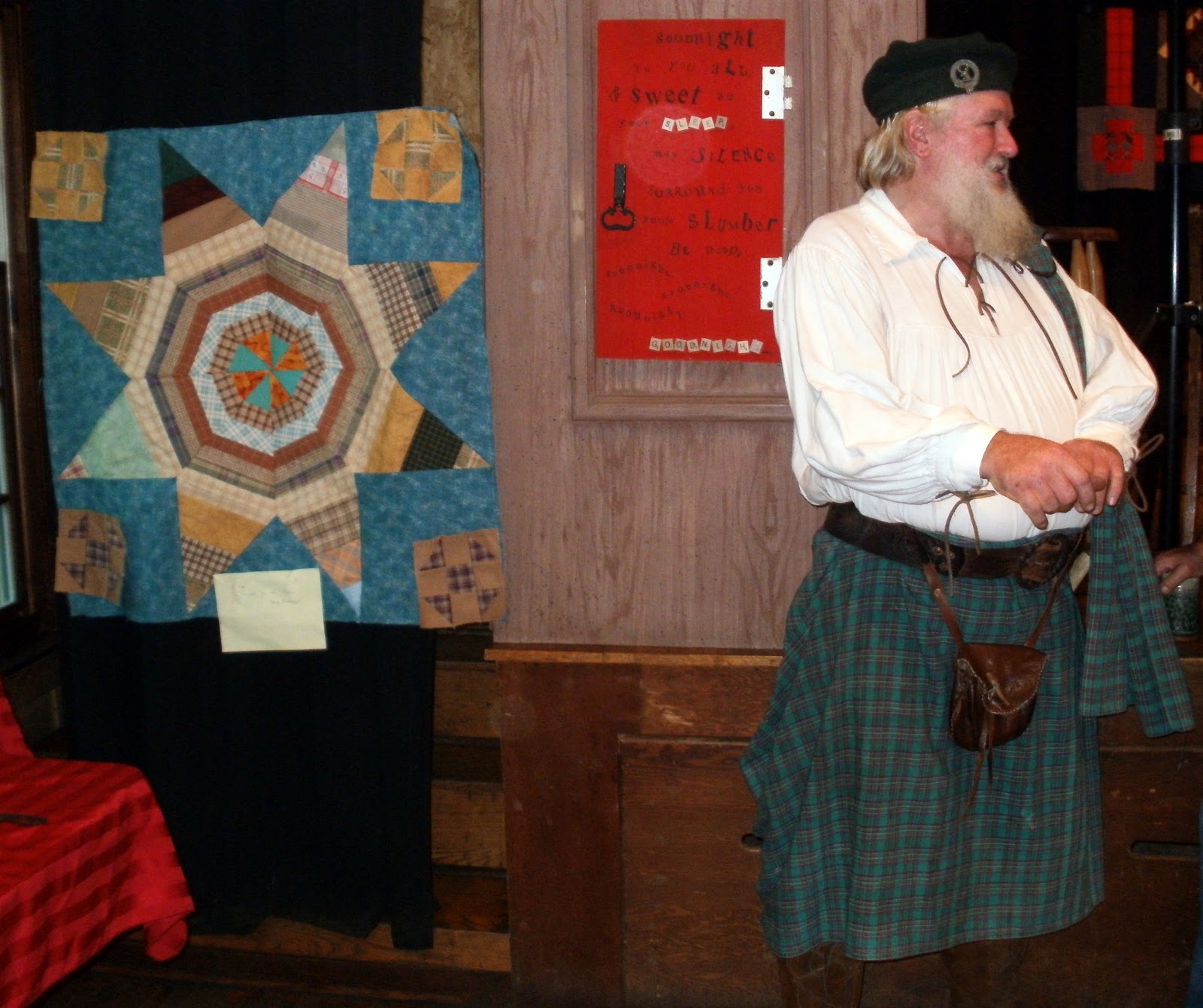On my most recent visit to Denmark a Danish friend, knowing my passion for languages, asked me the strange question: “have you ever seen a dictionary with comments?”. Then he proceeded to show me what he meant. He looked-up the word for “prostitute” in the Danish-Portuguese dictionary, he had on his book shelf. The Portuguese alternatives filled something like 4 columns and the plethora of synonyms was rounded off with a comment (in Danish) by the author: “Ja, det kære barn har mange navne…” (“Yes, the sweet child has many names…”).
And so it seems, that every language is particularly fond of synonyms for sex and drugs -(but for some reason not for Rock’n Roll… 🙂 ). The Danish language is no exception.
The common expression for being drunk in DANISH is “at være fuld”, which actually literally means “to be full”. So, when Danes are “full”, they are full of liquor, and when the English-speakers are “full”, they are full with food. This has caused many a translation SNAFU 🙂
English ==> Danish:
To be full (e.g. a container) ==> at være fuld (for eksempel en beholder)
To be full (from eating food) ==> at være mæt
To be drunk ==> at være fuld.
Here’s another one: An English synonym for being drunk is “to be intoxicated”. Danes use the more innocuous word “påvirket”, which literally means “affected”. So, it was funny today, when a computer-service related English message about “affected users” was translated using the word “påvirket”, which unfortunately made it sound like those users were intoxicated:
English ==> Danish:
“The backup service was under maintenance. 40% of users were affected” ==>
Not the best: “Sikkerhedskopieringstjenesten blev vedligeholdt. 40% af brugerne påvirkedes/var påvirkede” (Can be mis-understood in Danish as “40% of users were intoxicated” 🙂 )
Better: “Sikkerhedskopieringstjenesten blev vedligeholdt. 40% af brugerne blev berørt”.
Lastly, when referring to drugs, Danes use the word “stoffer”, which in Danish is also synonymous with “fabrics”, like the ones used to sew a coat or make a quilt. My Danish girlfriend fondly remembered the time when, going on a longer trip with her mother, both were happy that they were going to be “stoffri” for a while. What they meant was that, being dedicated quilters, they were going to be away from cutting and sawing fabrics for a while. This was funny in Danish, because the expression “stoffri” generally means that someone is “drug-free”, fresh out of rehab…
And by the way, I also learned that both in English and in Danish a “quilt” and a “kilt” are NOT the same thing. It’s a Quilt on the left and a Kilt on the right. You’re welcome!…:
You got your uppers, your downers…



